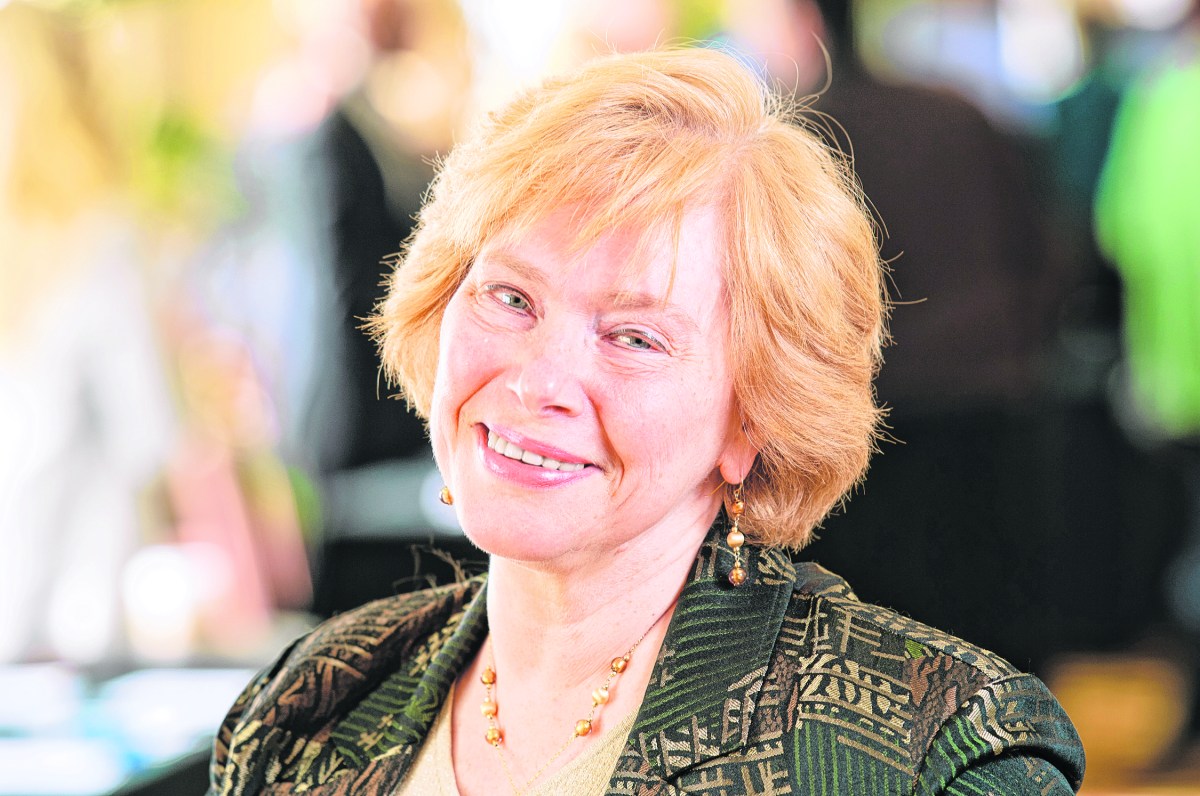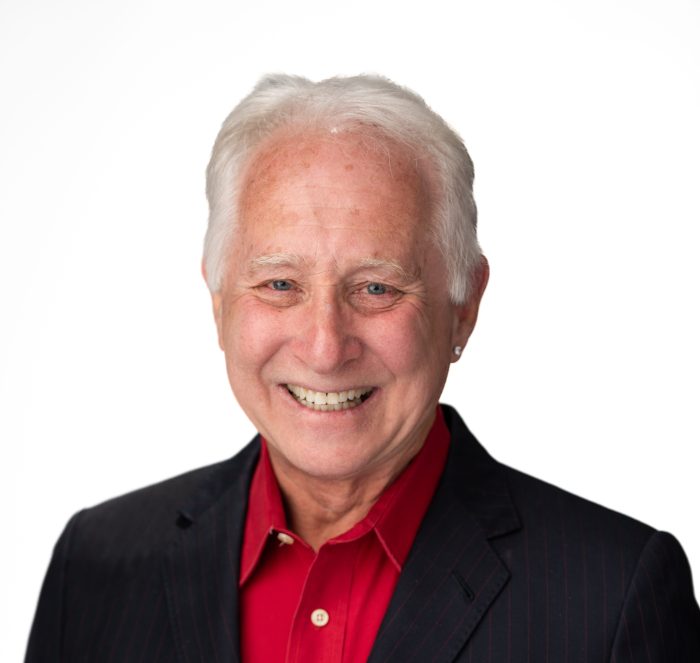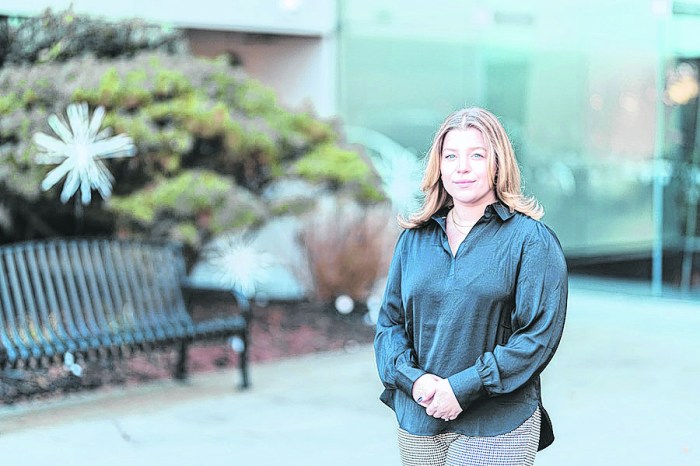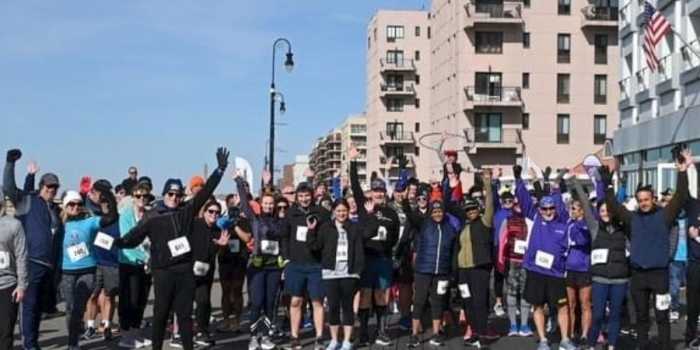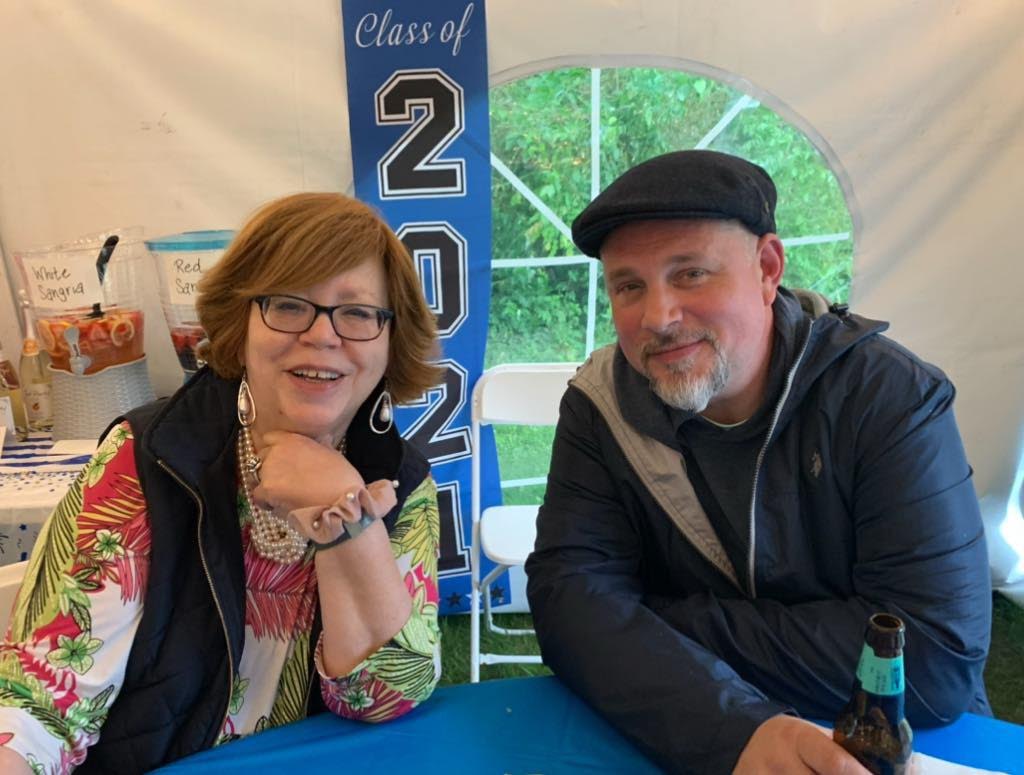In the movie Ghostbusters, in which people call a kind of exterminator focusing not on pests, but poltergeists, the tagline was simple. If you think there’s a ghost, who are you going to call? The answer, of course, was “Ghostbusters.”
When it comes to starting or even growing a business it’s a different, but equally simple answer for many. And at least on Long Island, demand and volunteers offering their services are both up, as the pandemic bug wanes and the entrepreneurial bug strikes more often.
SCORE, formerly known as the Service Corps of Retired Executives, is a national nonprofit with a Long Island chapter that provides free mentoring, workshops and other services to those starting, and seeking to grow, businesses. While many companies have boards designed to cover everything from funding to legal issues and marketing, SCORE’s approach in some way may be even better.
It matches business people with mentors, specializing in their business or subject matter experts specializing in the issue they’re focusing on (marketing, financing and more). While the Small Business Administration and Small Business Development Corporations can provide help, SCORE is a volunteer-run organization that pairs people with (often, but not always: one reason for the name change) retired executives and some still in business who, typically, have been there and done that.
The Long Island Chapter has about 65 volunteers including mentors and subject matter experts (up from about 55 a year ago) and about 120 requests a month (up from 100), keeping them busy amid a healthy entrepreneurial culture.
“Part of it is the end of the pandemic and people beginning to feel comfortable in making the kinds of moves to start businesses,” Long Island Chapter Chair Ann Middleman says of the increase. “Some people quit jobs they didn’t like.”
The Long Island Chapter gets a lot of clients through the New York State Self Employment Program (SEAP), which lets people collect unemployment while launching a business.
“One of the requirements they have to fulfill is to get at least two business counseling sessions,” Middleman adds. “A lot take our free workshops. They need 20 hours of classroom time.”
As SCORE puts it, they work to understand business questions and compare them to mentor profiles in their database before finding an expert that matches your needs. It is a matching service that, as we approach wedding season, is designed to help businesses advance or expand. Mentors can then also bring in subject matter experts to answer specific questions.
“We can help managers and executives to identify and assess an issue or a problem, even hire a consultant to help fix it,” Middleman notes, adding that hiring and retaining employees is an issue for businesses of all sizes and stages.
Middleman was a SCORE client when she started a business more than 20 years ago. She now advises on marketing, as well as leading the local chapter.
While each business is different (although many face the same issues), SCORE’s national (as well as local) cadre of experts, who bring experience and connections, spans services, retail, arts, entertainment, recreation, food services, accommodations, travel, marketing, advertising, healthcare, social assistance, real estate and more.
“They will leverage their personal experience and knowledge to help you avoid common challenges and mistakes,” is the way SCORE puts it. “If they do not have the expertise you need, they may invite another mentor to participate in the meeting.”
Founded in 1964, SCORE is a 501(c)(3) nonprofit organization that has helped more than 17 million entrepreneurs start, grow and even exit a business. They say they have 10,000 volunteers nationwide who provide “free, expert mentoring, resources and education” nationwide.
They help with just about everything although sales, marketing, finance, accounting, management, and technology are key aspects. They help people thinking of starting businesses, often helping launch and sometimes helping them realize that this is not right for them.
“Mentors get asked questions about marketing, funding, financing, operations,” Middleman says. “They get questions about what kind of corporate structure they would form.”
If you’re worried that a SCORE mentor could, in theory, take your wonderful idea and run for it, the organization has anticipated that possibility. SCORE volunteers do not sign client confidentiality or non-disclosure agreements, but that shouldn’t be an issue. They all sign agreements with SCORE covering the clients’ confidentiality.
Mentors agree to “always place the business interests of SCORE clients first” and “protect the confidentiality of all client information so that it remains within SCORE.”
Confidential mentoring seasons can be one-time only although there are typically more than one and some mentoring relationships last for years. And business plans remain one step for many on the journey from idea to reality.
“We have a workshop on why and how to write a business plan,” Middleman says. “I think it’s hugely important, particularly for people starting out. This is a road map. It’s not written in stone, but it helps you set priorities and measure your progress.”




